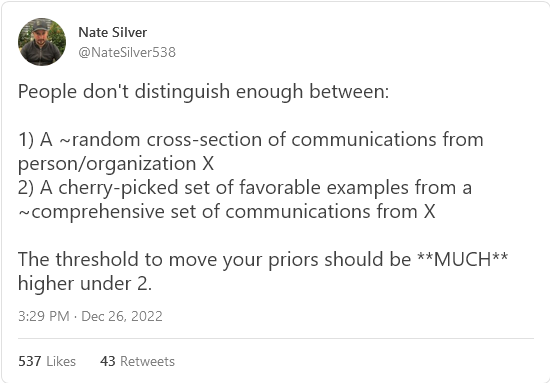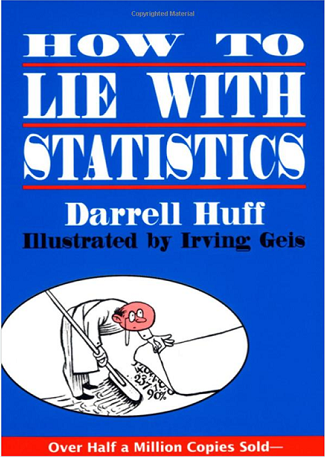Matt Taibbi on the continuing revelations about Twitter’s deep entanglements with agencies of the US (and probably many other) government:
In the coming days you’ll find a new thread on Twitter, along with a two-part article here at TK explaining the latest #TwitterFiles findings. Even as someone in the middle of it, naturally jazzed by everything I’m reading, I feel the necessity of explaining why it’s important to keep hammering at this.
Any lawyer who’s ever sifted though a large discovery file will report the task is like archaeology. You dig a little, find a bit of a claw, dust some more and find a tooth, then hours later it’s the outline of a pelvis bone, and so on. After a while you think you’re looking at something that was alive once, but what?
Who knows? At the moment, all we can do is show a few pieces of what we think might be a larger story. I believe the broader picture will eventually describe a company that was directly or indirectly blamed for allowing Donald Trump to get elected, and whose subjugation and takeover by a furious combination of politicians, enforcement officials, and media then became a priority as soon as Trump took office.
These next few pieces are the result of looking at two discrete data sets, one ranging from mid-2017 to early 2018, and the other spanning from roughly March 2020 through the present. In the first piece focused on that late 2017 period, you see how Washington politicians learned that Twitter could be trained quickly to cooperate and cede control over its moderation process through a combination of threatened legislation and bad press.
In the second, you see how the cycle of threats and bad media that first emerged in 2017 became institutionalized, to the point where a long list of government enforcement agencies essentially got to operate Twitter as an involuntary contractor, heading into the 2020 election. Requests for moderation were funneled mainly through the FBI, the self-described “belly button” of the federal government (not a joke, an agent really calls it that).
The company leadership knew as far back as 2017 that giving in to even one request to suspend this or that set of accused “hostile foreign accounts” would lead to an endless cycle of such demands. “Will work to contain that”, offered one comms official, without much enthusiasm, after the company caved for the first time that year. By 2020, Twitter was living the hell its leaders created for themselves.
What does it all mean? I haven’t really had time to think it over. Surely, though, it means something. I’ve been amused by the accusation that these stories are “cherry-picked”. As opposed to what, the perfectly representative sample of the human experience you normally read in news? Former baseball analytics whiz Nate Silver chimed in on this front:










